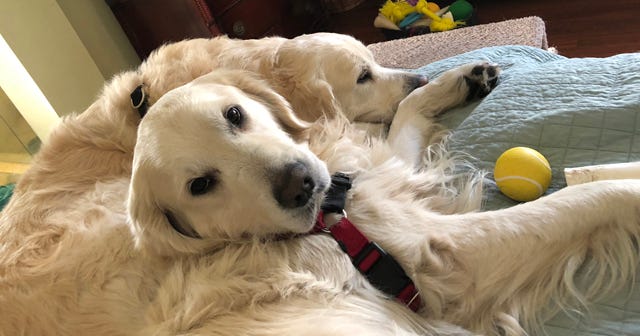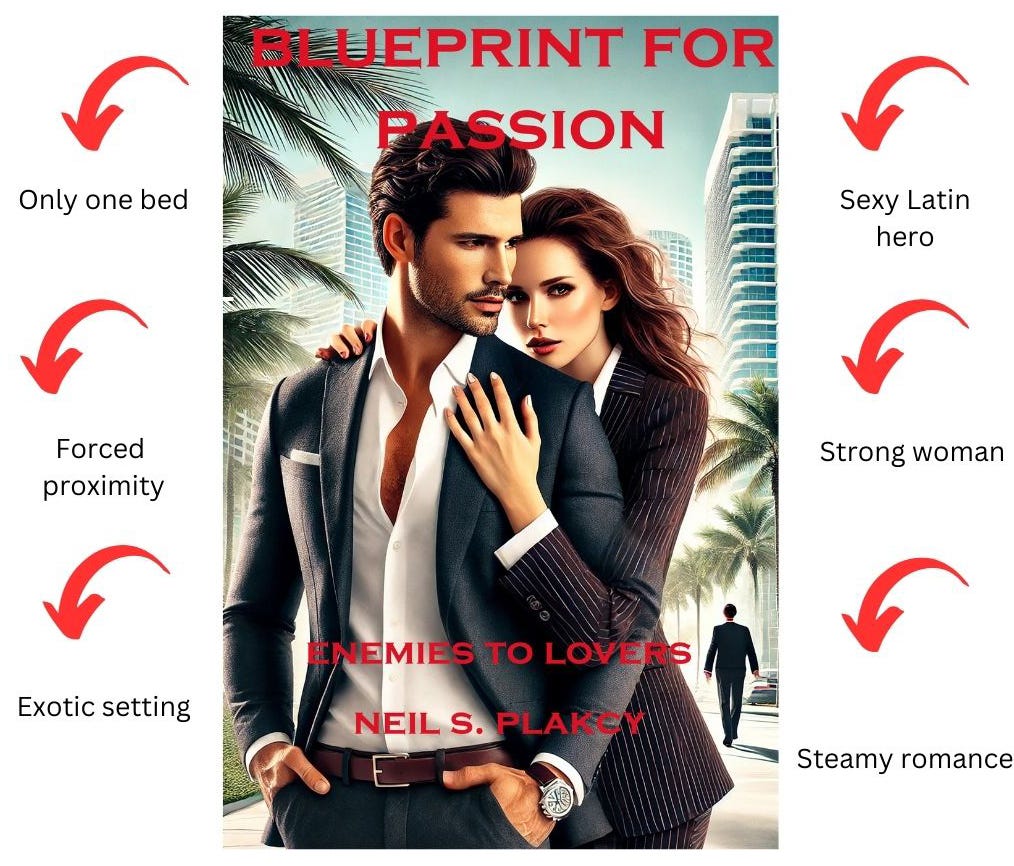I Had to Fix These Books
What I missed the first time—and why these books are better now
In 2013, I published Love on Site with Loose Id, a small press focused on MM romance. Five more books in the series followed, all centered on recent college graduates on South Beach, looking for love and career success.
Then I shifted my focus to the golden retriever mysteries, which were received more successfully. Looking back, I can see why. My balance in the Love on books was off—I often leaned too hard into career arcs and not hard enough into the romance readers were really there for.
Last summer, after working with various AI tools as editorial assistants, I decided to re-release the Love on series with updated covers and a closer look at the actual storytelling. My original plan was modest: update the tech, swap in cell phones and apps, bring the books forward in time.
That’s not what happened.
If you read any of these books years ago—or skipped them because they didn’t quite land—this relaunch is for you.
What I learned from those AI-assisted edits was… sobering. How had I put these books out into the world?
Different covers, to start. More contemporary and comparable to what’s selling today. Also a focus on two men on the cover. One: career Two: romance.
Here’s what needed fixing:
Structural balance: Too much emphasis on career success, not enough on the romance itself
Tropes: I didn’t lean into what was already there—age gap, workplace romance—because I didn’t even know to
Heartbeat moments: I rushed past emotional connections instead of letting them breathe
Since then, I’ve completed a full revision pass on all six books, and a second, quicker polish on the first three. The process forced me to rethink not just these stories, but what “write to market” actually means for me—not as a formula, but as a promise to readers.
I could keep tweaking forever. Instead, I’m learning to think in terms of milestones rather than perfection. These books aren’t about becoming the best romance novels I’ll ever write—they’re about becoming books I’m proud to stand behind.
That does mean some other projects are waiting their turn.
On the romance side, Driven Together (my Formula 1 MM romance) needs one more strong revision run. On the mystery side, I have a new bodyguard novel in first draft, plus a Rochester spin-off featuring a twelve-year-old girl determined to become a detective. Joanna Campbell Slan and I are also planning another pair of novellas, Death Under the Dogwoods, for release this spring, along with the next full Steve & Rochester novel.
It’s a full slate—but a good one.
I’m trying to enjoy the quieter moments too: time with friends and family, movies, concerts, and a comedy show. I really liked Song Sung Blue and Kate Hudson’s performance. And while these revisions have stretched my timetable, they’ve also sharpened my sense of what kind of books I want to give you next.
New stories are coming, and they’re stronger for the work I’ve done here.




